Latest Comments

Giovanni Croce – Biography and Life
Giovanni Croce, known in his native Venice as “Il Chiozzotto” due to his origins in the district of Chioggia, was a prominent figure in the[…]
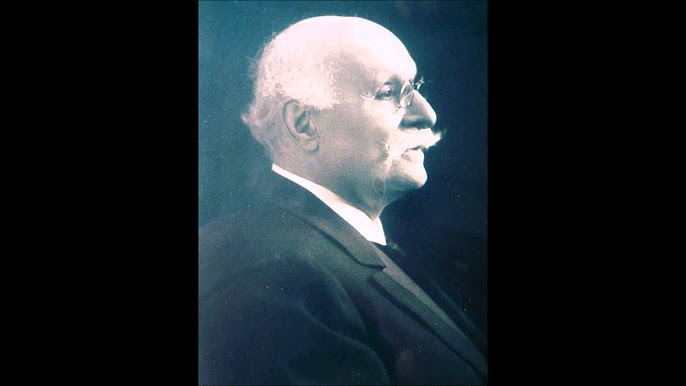
Émile Waldteufel – Biography and Life
Émile Waldteufel was a prominent figure in the world of classical music, renowned for his enchanting waltzes and polkas that graced the ballrooms of 19th-century[…]
Emmanuel Chabrier – Biography and Life
Emmanuel Chabrier was a prominent figure in the realm of French classical music during the late 19th century. Born on January 18, 1841, in Ambert,[…]
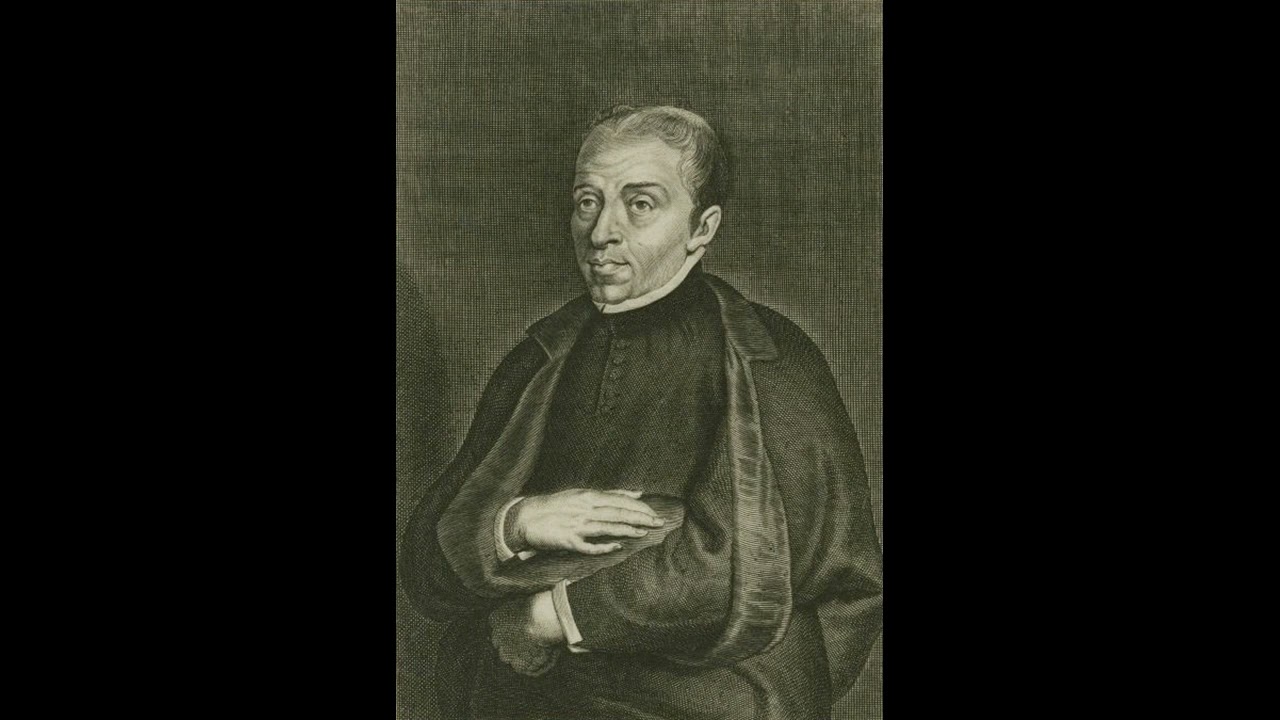
10 Fascinating Facts about Duarte Lobo
Duarte Lobo, a prominent figure in Renaissance and early Baroque music, may not be as widely recognized as some of his contemporaries, but his contributions[…]

10 Fascinating Facts about Édouard Lalo
Édouard Lalo was a French composer whose works played a significant role in the development of French music during the Romantic era. Born on January[…]
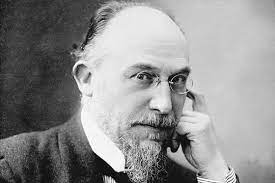
10 Fascinating Facts about Erik Satie
Erik Satie was a French composer and pianist known for his eccentric personality and groundbreaking contributions to classical music. Here are 10 intriguing facts about[…]
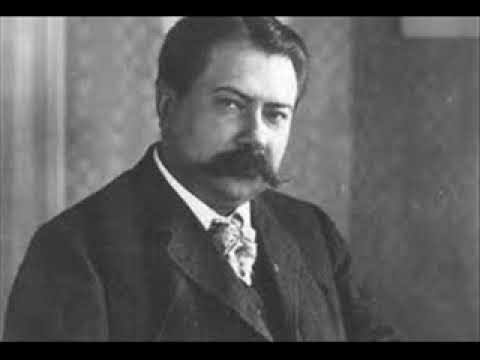
10 Fascinating Facts about Tor Aulin
Tor Aulin was a prominent Swedish composer and violinist of the late 19th and early 20th centuries. While perhaps not as widely recognized as some[…]

Dietrich Buxtehude – Biography and Life
Dietrich Buxtehude stands as a towering figure in the realm of Baroque music, his compositions marking a pivotal era in the development of musical expression.[…]
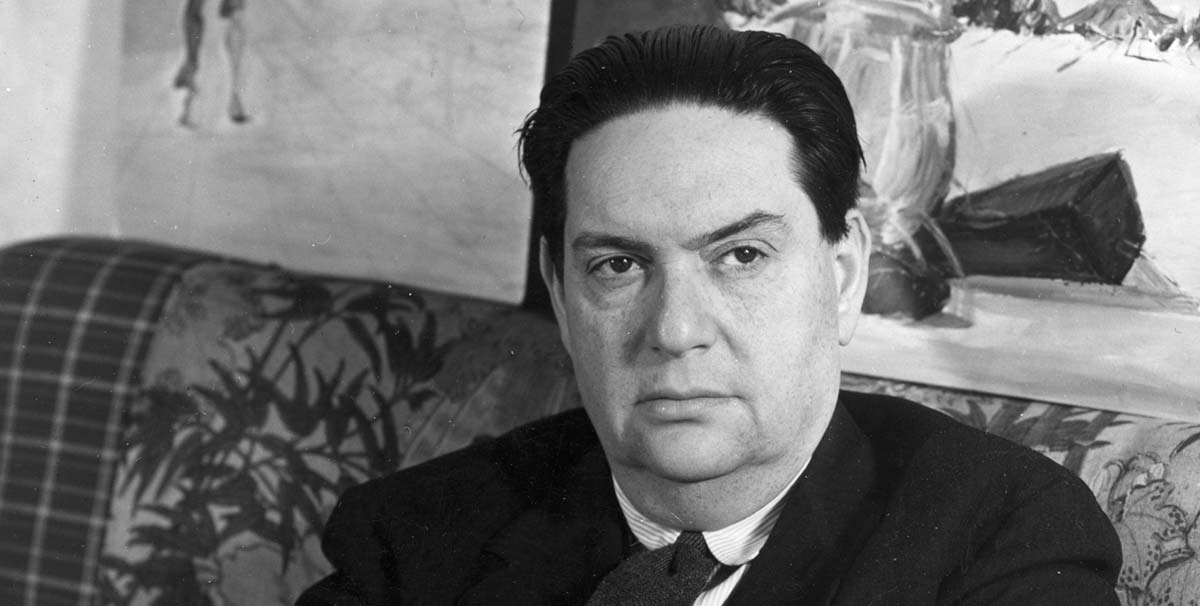
Darius Milhaud – Biography and Life
Darius Milhaud, a pioneering figure in 20th-century classical music, left an indelible mark on the world with his innovative compositions and boundless creativity. Born on[…]
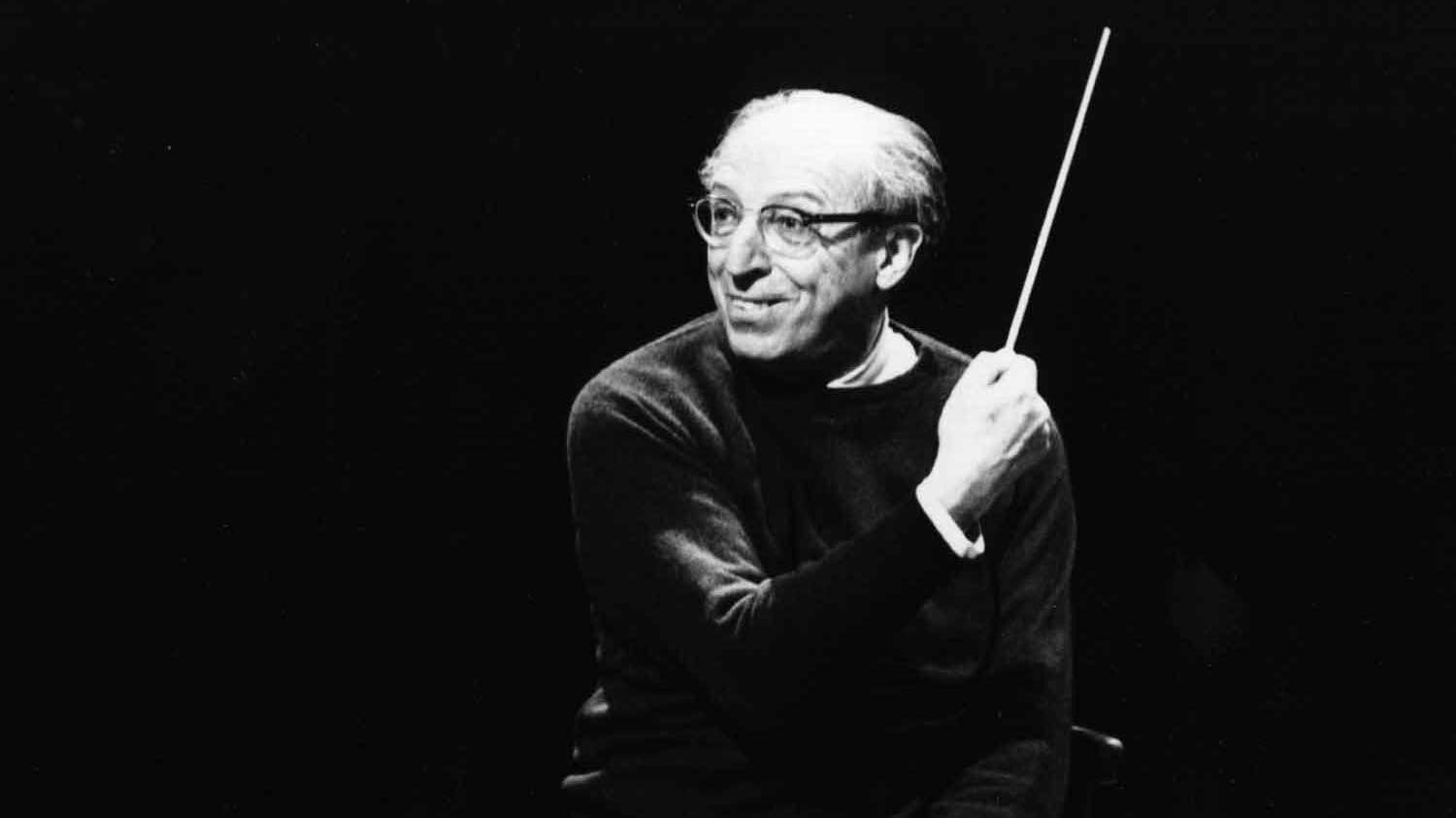
10 Fascinating Facts about Aaron Copland
Aaron Copland, one of America’s most celebrated composers, left an indelible mark on the world of classical music. Here are 10 fascinating facts about his[…]
© 2025 Top Classical Music. Created with ❤ using WordPress and Kubio